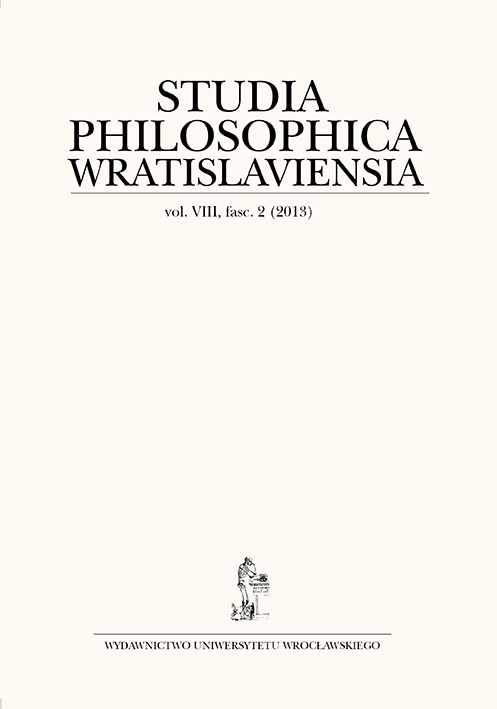

Artykuły

The roots of liberal-democratic anti-egalitarianism.Some remarks concerning the idea of property and civil rightsin the political thought of John Locke
The problem of property and civil rights in the political theory developed by John Locke is linked to a broader issue of „the social bearing” of his philosophy. Following C.B. Macpherson, one can define that context as the period of birth and flourishing of „possessive individualism” “owners’ individualism”. This paper concerns five aspects of „possessive individualism” understood as the historical and social environment for Locke’s theorizing on politics, economy and society, of which two are the aspects which influenced the form and the essence of theoretical project presented in Two Treatises on Government; two other refer to the con-sequences of Locke’s preoccupation with ideas that could be considered as examples of his possessive-individualistic attitude; and one constitutes the ‘architectonics’ of the main and the most famous arguments within the whole Lockean endeavor in political and social philosophy. The emphasis of this paper is on the latter pair of issues, but the article starts with an introduction to the conception of „possessive individualism”.